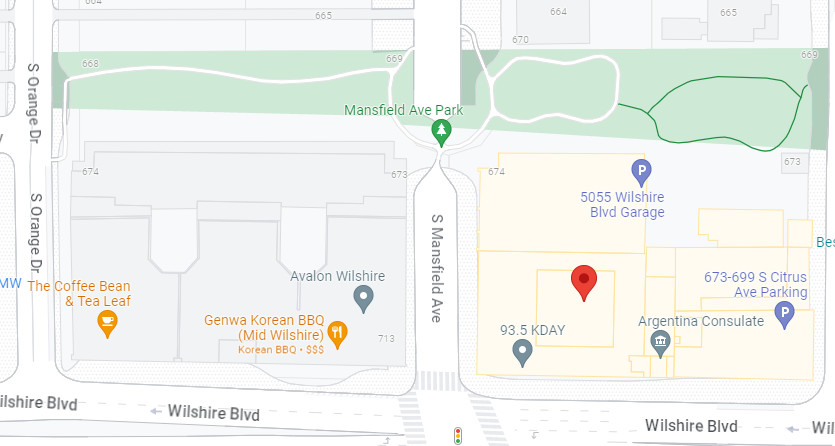Beat the AI Quiz
Answer Key |

Read the true stories |
|
 |
Click here for the true story behind #1: the military mom and the voice AI scam |
 |
Click here for the true story behind #5: the LinkedIn AI romance scam |
Answer Explanations |
- CORRECT ANSWER: D, All of the above.
- Her son calling from a blocked number.
This could be sign of a scam because it is generally unusual for a son to phone his mother from a blocked number. - An attorney calling her and asking for bail money moments after the call from her son.
This could be sign of a scam because it is too much of a coincidence for the attorney to call just moments after the son. - The amount of money requested from the attorney.
This could be sign of a scam because it is highly unusual for an attorney to ask a client to “send any amount of money she could afford for bail.” - All of the above.
CORRECT! All the statements are signs of a potential scam. - CORRECT ANSWERS: B and C.
- Only post videos of yourself on social media that are 10 seconds or less.
This would not protect you because AI scammers have other means by which to enact an AI scam other than with video. Also, some AI systems can create convincing deepfake videos from just a photograph and several seconds of audio. - Never send money to someone you have not met in person.
CORRECT! - Make unique and complex passwords for all accounts.
CORRECT! - If a loved one calls asking for help, ask them to verify it’s them by telling you what high school you attended and your mother’s maiden name.
This would not protect you because information like your high school alma mater and your mother’s maiden name can be easily discovered through social media or a simple internet search. - CORRECT ANSWER: FALSE.
This is false because EVERYONE is a potential target for audio and video AI scams. Most people have enough information on the internet now (via blogger, vlogger and social media sites past and present) for a scammer to create a believable voice clone or deepfake video of you.
- CORRECT ANSWER: FALSE.
This is false because AI is especially proficient at producing grammatically correct, error-free, humanlike prose. The days of a misspelled word or bad subject/verb agreement being the telltale sign of a phishing attempt are numbered … if they aren’t already over.
- CORRECT ANSWER: B.
- His profession: scammers saw he was a lawyer on LinkedIn.
The victim’s profession did not make him more vulnerable to the scammers in this case. Scammers have been known to target people from a wide variety of professions. - He downloaded an unknown software from someone he never met in person.
CORRECT! Never download software from an unverified source. - He responded to the professional query of a stranger on LinkedIn.
Responding to a professional query from a stranger on LinkedIn does not by itself make you more vulnerable to scammers. However, you should be cautious about clicking unverified links or providing personal or financial information to any stranger, online or elsewhere. - He was in a relationship with someone after only knowing them for two months.
Being in a relationship does not make you more vulnerable to scammers, no matter the duration of the relationship. However, it is important to remember you should never share personal or financial information with someone you have never met in person and remain vigilant about sharing these types of information only with trusted sources.


